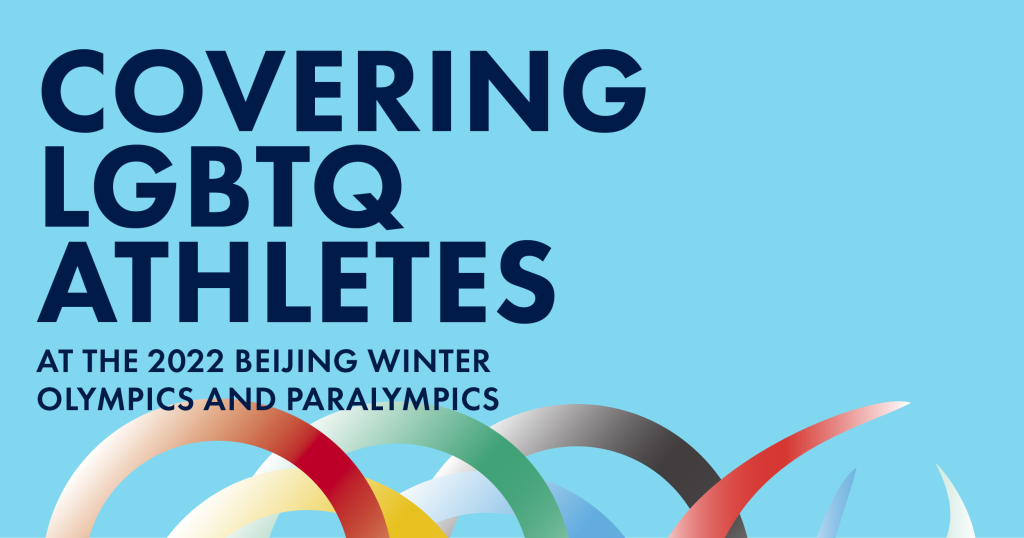On Tuesday morning, an Olympic official commented on the status of Russian Olympic figure skater Kamila Valieva’s positive drug test, stating Valieva’s claims that she failed the drug test after a mix-up with her grandfather’s heart medication. Valieva tested positive for trimetazidine, a drug that is used to treat various heart conditions and also as a performance enhancer. This response comes after increased news reporting denouncing the IOC’s unfair enforcement of doping rules.
Rule enforcement inconsistencies loom over the world stage of athleticism and are related to various athletes’ experiences of racism, sexism and transmisogyny in sports. Recently, US track and field sprinter Sha’Carri Richardson called out Olympic and anti-doping officials for the handling of her case compared to Valieva’s. Just before the Tokyo Games in 2021, Richardson tested positive for THC– a chemical compound found in marijuana– after a record-breaking win at the Olympic trials 400-meter race. Richardson was ultimately not allowed to compete at the Summer Games, while Valieva was and has helped her team bring home a gold medal in the process.
Richardson was not the only athlete who was subject to double standards in last year’s Summer Olympics; these inconsistencies are also connected to the numerous legislative and policy-based bans targeting LGBTQ athletes and youth in the US and around the world.
Can we get a solid answer on the difference of her situation and mines? My mother died and I can’t run and was also favored to place top 3. The only difference I see is I’m a black young lady. https://t.co/JtUfmp3F8L
— Sha’Carri Richardson (@itskerrii) February 14, 2022
As shared in a previous post, cisgender Namibian runners Christine Moma and Beatrice Masilingi were banned from competing in the 400-meter race at the 2021 Tokyo Olympics because their natural levels of testosterone were too high, a product of set hormone policies implemented in 2018 by World Athletics to keep competitions at a “level playing field.”
Last summer, South African track star and gold medalist Caster Semenya, was barred from her chance to compete at the Olympics due to the same hormone level requirements.
It is true that people who are negative about you or what you do don’t know you, and their negativity has got nothing to do with you. Sharpa boom o tsamaye net.
— Caster Semenya (@caster800m) February 16, 2022
Cece Telfer, a transgender US track star, was also deemed ineligibile after she failed to meet testosterone level requirements dictated by World Athletics.
In addition, university athletic departments are not properly equipped to support the rising number of out LGBTQ athletes. Only 2.8% of NCAA Division-I athletes compete in departments that fully protect and support their LGBTQ identities, according to Athlete Ally’s 2021 Equality Index, a sports equality organization working to inform correct media narratives of LGBTQ athletes. Other figures show that 70% of D-I athletic departments do not offer LGBTQ resources.
Guidelines for sports spectators are also an issue outlined in Athlete Ally’s Equality Index, as comprehensive fan codes of conduct properly protecting LGBTQ fans in the stands are lacking. A majority of the 9,000 sports fans surveyed by Athlete Ally said that spectator stands were the most dangerous for LGBTQ people, and only 20% of D-I athletic departments have a fan code of conduct.
There has been a documented spike in anti-LGBTQ legislature being introduced across the United States, especially targeting transgender youth and athletes. Twenty-three states have introduced legislation this year that would ban transgender youth from school sports. At least three US Olympic athletes come from three of those 23 states. Many of these anti-LGBTQ laws disproportionately affect Black girls and women in sports.
The Hulu documentary Changing the Game, produced by Alex Schmider, GLAAD associate director for transgender representation, shows how these laws impact transgender athletes. The documentary tells the story of transgender athletes from their perspectives including Texas wrestler Mack Beggs; Connecticut track and field athletes, Andraya Yearwood and Terry Miller; New Hampshire skier and teen policy maker, Sarah Rose Huckman and their individual journeys as teen transgender athletes.
Beggs was kept from competing on the boys team and was forced, due to Texas law, to compete in the gender reflected on his birth certificate, which meant Beggs had to compete on the girls team.
While it was illegal for Beggs to compete on the boys team, it was legal for Yearwood and Miller to compete on the girls team. However, the two track stars were met with retaliation. On the day of their State Open Finals, for which they came in first (Miller) and second (Yearwood) place, petitions to overturn the laws that protected the rights of the two victors to compete on the girls team circled the stands, according to ABC coverage of the June 4 race.
“Track has given me self-worth, self confidence,” said Yearwood in the documentary trailer. “They can say whatever they wanted, but at the end of the day I’m still running on the female team.”
GLAAD celebrates the historic 35 out LGBTQ athletes competing in the 2022 Winter Olympics. Alongside Athlete Ally, a national nonprofit working to elevate and advocate for LGBTQ athletes, and OutChina, an organization working to increase visibility of China’s LGBTQ population. GLAAD is proud to release a “Guide to Covering LGBTQ Athletes at the 2022 Olympics and Paralympics” as a resource to journalists and media professionals. You can access the guide here or use the QR code below:













